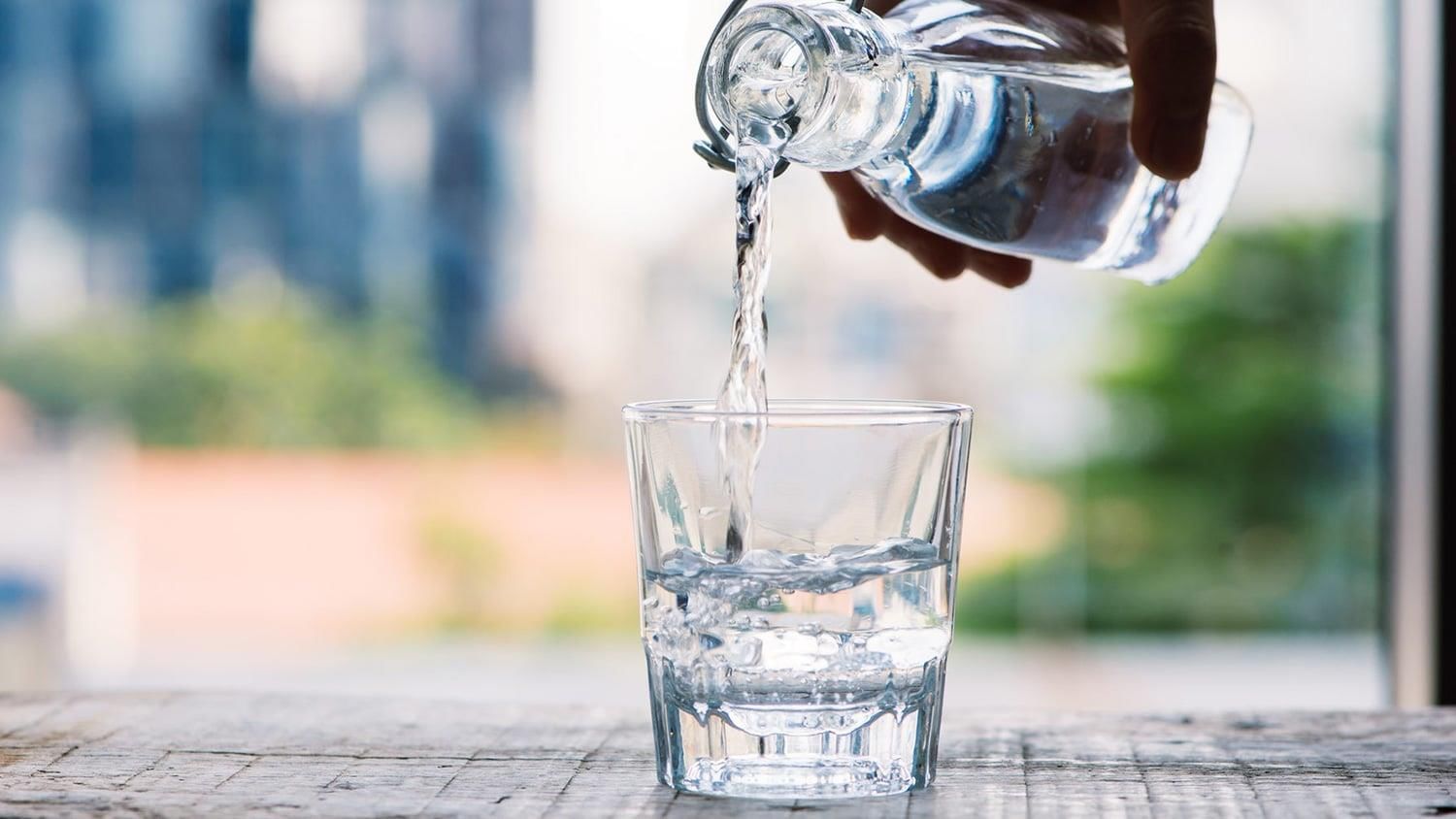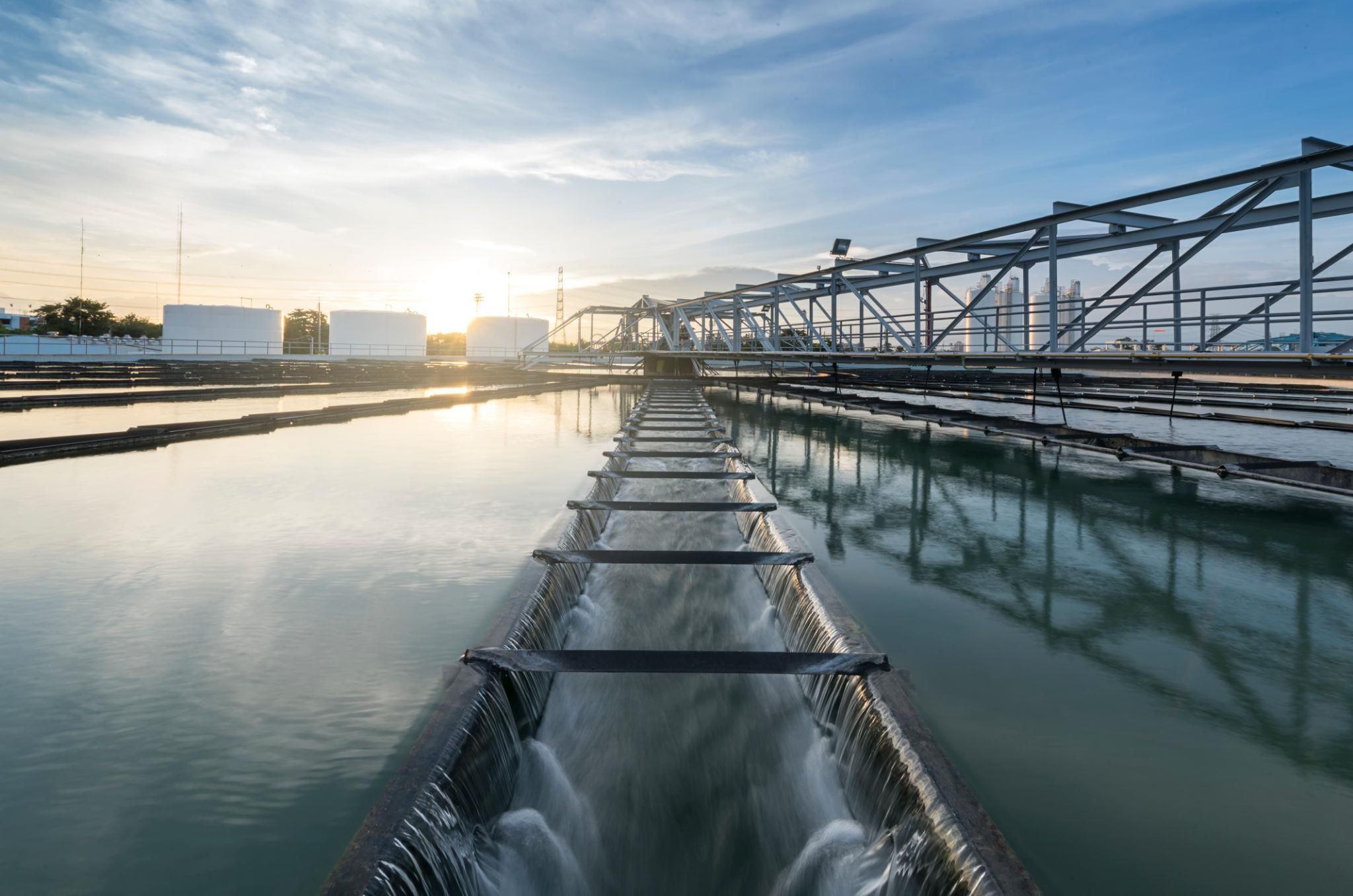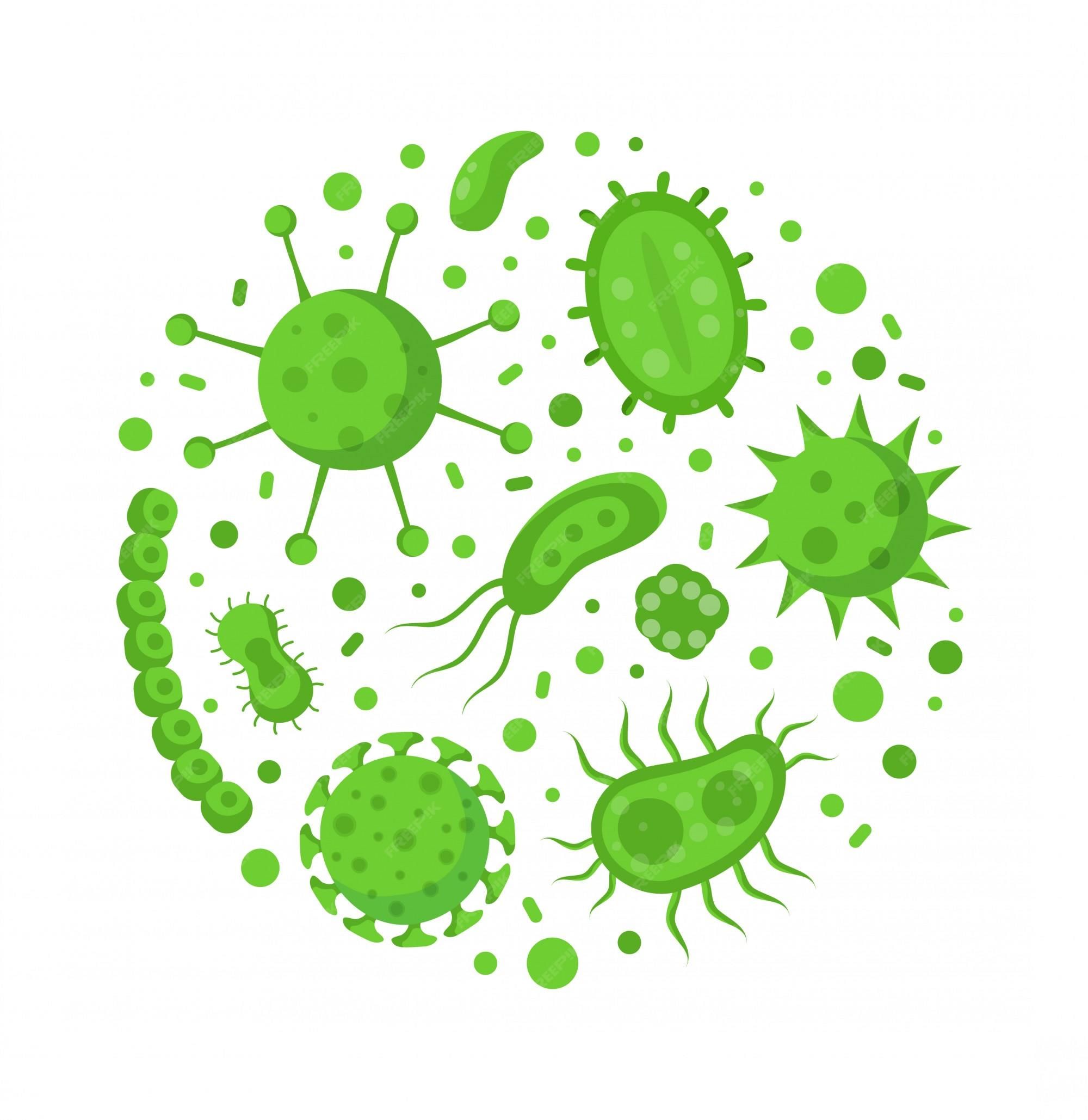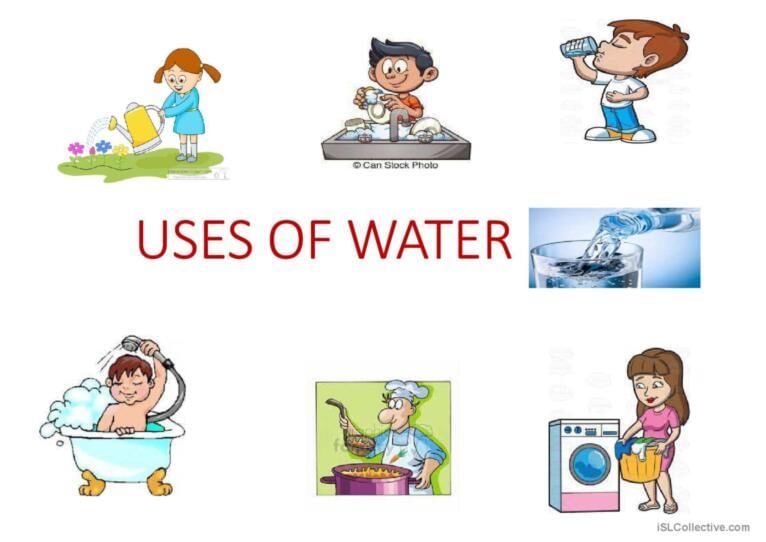Class 7 Science Chapter 13 Question Answers - Wastewater Story
Q1: What is sewage?
Ans : Waste water released by houses is called sewage.
Q2: What per cent of earth’s water is fresh?
Ans : 3 per cent.
Q3: What constitutes waste water?
Ans : It can include human waste, food scraps and chemicals.
Q4: State one of the reasons for the increasing scarcity of fresh water.
Ans : Population growth.
Q5: Which day is celebrated as World Water Day?
Ans : 22 March
Q6: What is cleaning of water?
Ans : Cleaning of water is the process of removing pollutants before it enters a water body or is reused.
Q7: In order to have safe drinking water, it should be ________.
Ans : Boiled
Q8: What are the adverse effects of drinking contaminated water?
Ans : Drinking contaminated water results in diseases such as cholera, typhoid and diarrhoea. Polluted water can also prove fatal.
Q9: Solids like faeces settle at the bottom by _____________ and are removed with a scraper.
Ans : Sedimentation
Q10: What is sewage treatment?
Ans : Pollutants in waste water can be removed in several stages, and this process is called “sewage treatment.
Q11: Sewage contains organic and _______________ impurities.
Ans : Inorganic
Q12: Sewage contains disease-causing bacteria. True/False
Ans : True

Q13: Saprotrophic bacteria feed on dead organisms.True/False
Ans : True
Q14: Sewage contains some harmful nutrients, such as ______________and nitrogen.
Ans : Phosphorous
Q15: Wastewater has many impurities and these impurities should be removed by _______________.
Ans : Water treatment.
Q16: What is the purpose of filtering waste water?
Ans : To remove large impurities.
Q17: What is a clarifier?
Ans : A clarifier is a tank with its central part inclined downwards so as to allow faeces to settle down. The inclined waste is then removed using a scraper.
Q18: Name some biological contaminants in water.
Ans : bacteria and microbes
Q19: Name the chemical used in water plant to clean water
Ans : Chlorine tablets or ozone.
Q20: Dried _________ is used as manure.
Ans : Sludge
Q21: List the substances responsible for blockage of drain.
Ans : Tealeaves, solid food remains, soft toys, cotton, and sanitary towels.
Q22: Why should used tea leaves, solid food remains, etc. not be released in
the drains?
Ans : Used tea leaves, solid food remains etc. should not be thrown down the drain as they may choke the drain.
Q23: What is the function of bar screens in waste water treatment plant?
Ans : The bar screen remove the large objects like rags, sticks, cans, plastics packets etc. from the sewage.
Q24: Why waste water is passed through bar screen?
Ans : Waste water is passed through bar screens to remove big objects like cans, sticks, rags etc.
Q25: What is the function of a skimmer?
Ans : A skimmer removes the floatable solids like oil, grease etc.
Q26: Why air is pumped into clarified water?
Ans : Air is pumped into clarified water to help aerobic bacteria to grow.
Q27: The suspended microbes in water treatment plant settle at the __________& the water is removed from the_____
Ans : Bottom and top.
Q28: State various uses of water.
Ans : Water is used for drinking, Cooking, Washing clothes, utensils, Generating electricity, Bathing etc.
Q29: What is the actual reason behind improper sanitation?
Ans : Lack of knowledge and of money, illiteracy, large population and lack of social awareness results in improper sanitation
Q30: What kind of toilets are in aeroplanes and trains?
Ans : Chemical toilets
Q31: Public places such as railway stations, bus depots, airports and hospitals generate a lot of waste, which leads to diseases. True/False.
Ans : True
|
111 videos|435 docs|28 tests
|
FAQs on Class 7 Science Chapter 13 Question Answers - Wastewater Story
| 1. What is wastewater? |  |
| 2. Why is wastewater treatment important? |  |
| 3. How is wastewater treated? |  |
| 4. What are the benefits of wastewater recycling? |  |
| 5. How does wastewater impact the environment? |  |






















